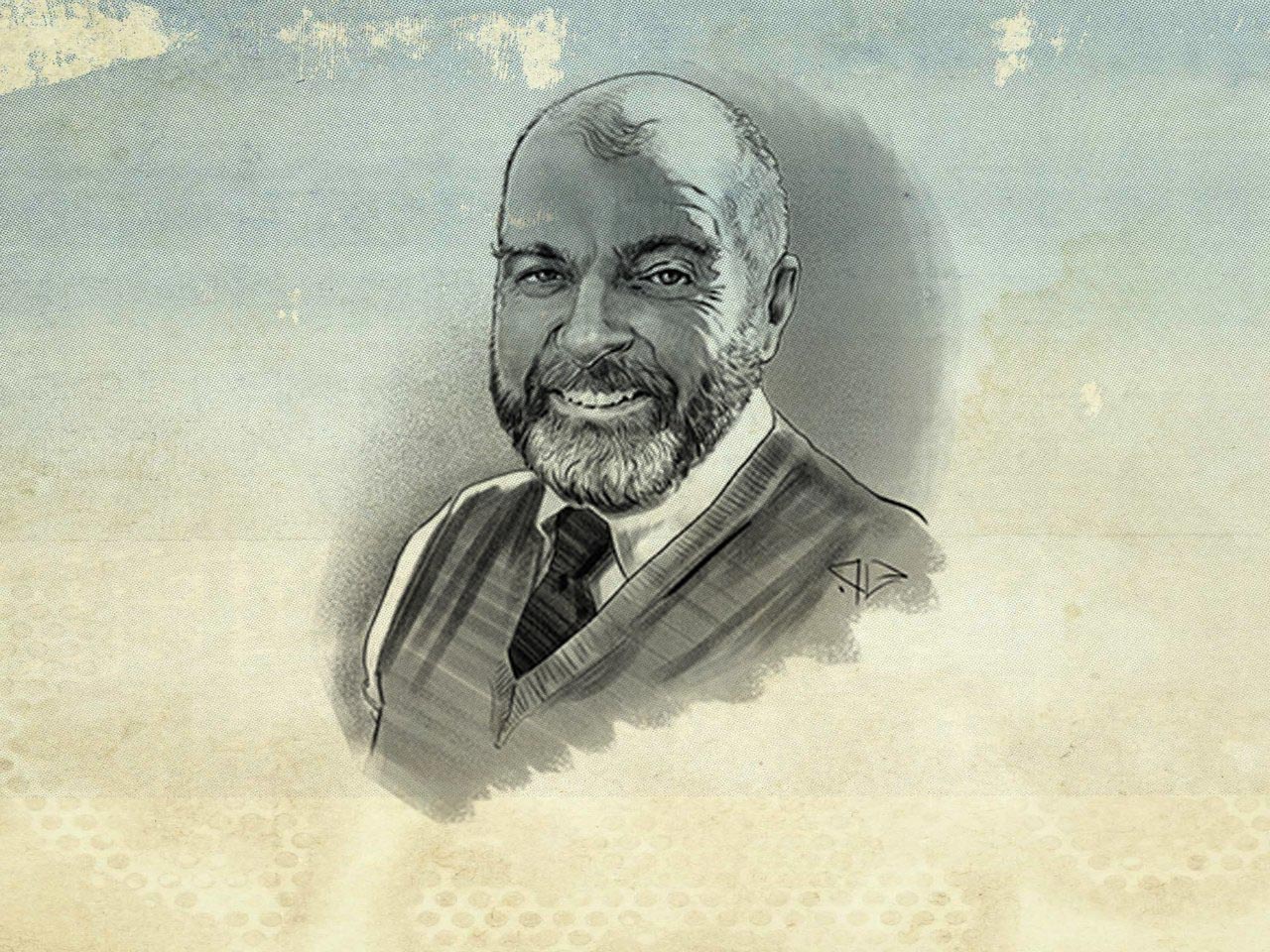(Image courtesy of CatholicCulture.org)
If you have ever been a follower of CatholicCulture.org, you may well have given up on getting any but the most biased coverage of the papacy from them some time ago. But while Jeff Mirus has demonstrated remarkable resilience to the red pill (with cracks only just beginning to show), Phil Lawler has been on a steadily accelerating trajectory to Truthville.
Today, he offers one of his simplest and best pieces to date, entitled, Three things the Pope can’t say. This is sort of a 101, everyman level attempt to tackle what those Divinely-guided papal powers really entail, and I suspect it’s going to be very valuable to those Catholics who have only just recently started catching on to the war brewing in Rome:
The Pope can’t say that 2+2=5. Nor can he repeal the laws of logic. So if the Pope makes two contradictory statements, they can’t both be right. And since every Pontiff enjoys the same teaching authority, if one Pope contradicts another Pope, something is wrong. Thus if Amoris Laetitiacontradicts Veritatis Splendor and Casti Connubi—earlier papal encyclicals, which carry a higher level of teaching authority—the faithful cannot be obliged to swallow the contradiction.
The Pope can’t tell you what you think. He can, within certain limitations, tell you what you shouldthink. But he cannot, simply by the force of his authority, change your mind. Father Anthony Spadaro, a close adviser to Pope Francis, insists that Amoris Laetitia is perfectly clear . “The Pope leaves no room for doubt about the teaching of the Church,” he claims. Even if that statement came directly from the Pope himself (which it does not, obviously), it could not be authoritative. If you have doubts, then evidently there is room for doubt; not even the Pope can gainsay that fact. Ideally the Pope and his surrogates would help you to remove those doubts, rather than suggesting that doubt implies disloyalty.
The Pope cannot teach authoritatively by dropping hints. On the most controversial issue discussed at the last two meetings of the Synod of Bishops, Amoris Laetitia is vague, allowing for radically different interpretations. Father Spadaro and Cardinal Schönborn and the Argentine bishops can all make a compelling argument that they know what Pope Francis had in mind—especially because the Holy Father himself has endorsed the Schönborn and Argentineinterpretations. But what the Pope had in mind does not carry the same weight as what the Pope actually wrote. And that is especially true when there is such abundant evidence that the Holy Father deliberately left the question unresolved…
The whole piece is worth a read, and I’d recommend it to the people in your life who are trying to grapple with what this all means. If nothing else, it’s a good tool to have in your bookmarks when the topic of infallibility comes up in conversation.


